Cracker Barrel logo change backlash boosted by sophisticated social media disinformation campaign
Unless you've been holidaying on Mars of late, you'll be aware that Cracker Barrel has been facing a backlash for its attempt at rebranding, labelled crazy, bland and nothing by co-founder Tommy Lowe.
Lowe, now 93, founded the US roadside restaurant with his friend Dan Evins in 1969 in Lebanon, Tennessee, to serve country food to interstate travellers.
A new text only logo was recently unveiled, which removed Uncle Herschel (aka the 'Old Timer') leaning on a barrel. This has now been binned after accusations that Cracker Barrel was abandoning its roots.
Brittain Ladd, a supply chain consultant and former Amazon executive, said: "I was against Cracker Barrel hiring Julie Felss Masino to be CEO. Masino’s “woke” reputation from her prior employers (which includes Taco Bell) was well known. What happened isn’t a surprise to anyone who worked with Masino in the past."
"Cracker Barrel has always been more than a roadside restaurant - it’s been a brand that embodies comfort, familiarity, and tradition for millions of Americans. Its customers return because it feels like home. To Masino, the tradition needed to change. It’s more than that, actually. Masino wants to erase its history and start over. Her way."
"When a company experiments with its brand identity, it takes a risk. But when those changes signal a lack of understanding of its customers’ values and culture, it goes from risk to outright failure. Nothing frustrates customers more than when they believe a company doesn’t “get them.” The decision to move away from the original logo - and then quickly revert - wasn’t just a branding blunder. It was a sign of leadership that didn’t listen, didn’t respect, and didn’t truly understand the heartbeat of its customer base."
We thank our guests for sharing your voices and love for Cracker Barrel. We said we would listen, and we have. Our new logo is going away and our “Old Timer” will remain.
— Cracker Barrel (@CrackerBarrel) August 26, 2025
At Cracker Barrel, it’s always been – and always will be – about serving up delicious food, warm… pic.twitter.com/C32QMLOeq0
Fake news
It might have looked like everyone hated the change. But according to Cyabra research, a sophisticated disinformation campaign targeted Cracker Barrel across social media platforms, particularly X.
This found that 21% of attacking profiles were fake, running a coordinated campaign. They pushed boycotts, targeted the CEO, and drove outrage that contributed to a 10.5% stocks drop (~$100 million lost in days).
“What’s alarming is how real these fakes looked - framing the change as betrayal, amplifying boycotts, and sparking genuine engagement. Just a few hundred fake accounts generated 4.4 million views and thousands of real engagements,” says Dan Brahmy, Co-founder and CEO at Cyabra.
There were three distinct strategic narratives consistently pushed by fake profiles.
1. “Betrayal of tradition” framing
Fake profiles portrayed Cracker Barrel’s rebranding as a rejection of its core audience and an embrace of “woke” politics. These accounts claimed the company was “erasing nostalgia and heritage” by removing the iconic barrel figure.
Messages consistently accused the company of surrendering to a “woke agenda” instead of preserving traditional American heritage. Many fake accounts specifically compared the situation to Bud Light’s controversial 2023 campaign.
2. Boycott campaigns and financial doom
Fake profiles pushed hashtags like #BoycottCrackerBarrel and #CrackerBarrelHasFallen, creating the impression of a massive consumer revolt.
These accounts made exaggerated claims about imminent financial collapse, often stating the stock price would “crash” and restaurants would soon close nationwide.
They promoted deleting the Cracker Barrel app and announced they would never set foot in any of the chain’s stores again, or purchase any of its products. By portraying the boycott as already successful, these profiles created a self-fulfilling prophecy of declining consumer confidence.
3. CEO’s “failed leadership”
Fake accounts targeted Julie Felss Masino personally, framing her as “destroying the brand”, accusing her of being a “progressive leftist” and out of touch with American culture and Cracker Barrel’s traditional southern audience and heritage, questioning her competence, and using her as a scapegoat for all perceived company issues - stock decline, logo change, or DEI initiatives.
These personalised attacks simplified complex corporate decisions into a narrative of individual failure, creating a clear villain in the public imagination, Cyabra argues.
2025 RTIH INNOVATION AWARDS
Social media will be a key focus area at the 2025 RTIH Innovation Awards.
The awards. which are now open for entries, celebrate global tech innovation in a fast moving omnichannel world.
Our 2024 hall of fame entrants were revealed during an event which took place at RIBA’s 66 Portland Place HQ in Central London on 21st November, and consisted of a drinks reception, three course meal, and awards ceremony presided over by comedian Lucy Porter.
In his welcome speech, Scott Thompson, Founder and Editor, RTIH, said: “The event is now into its sixth year and what a journey it has been. The awards started life as an online only affair during the Covid outbreak, before launching as a small scale in real life event and growing year on year to the point where we’re now selling out this fine, historic venue.”
He added: “Congratulations to all of our finalists. Many submissions did not make it through to the final stage, and getting to this point is no mean feat. Checkout-free stores, automated supply chains, immersive experiences, on-demand delivery, next generation loyalty offerings, inclusive retail, green technology. We’ve got all the cool stuff covered this evening.”
“But just importantly we’ve got lots of great examples of companies taking innovative tech and making it usable in everyday operations - resulting in more efficiency and profitability in all areas.”
Congratulations to our 2024 winners, and a big thank you to our sponsors, judging panel, the legend that is Lucy Porter, and all those who attended November's gathering.
For further information on the 2025 RTIH Innovation Awards, please fill in the below form and we will get back to you asap.





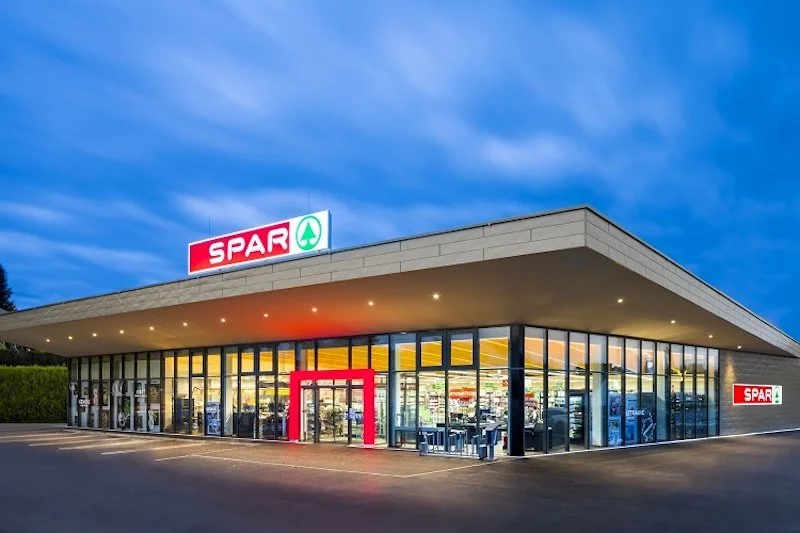



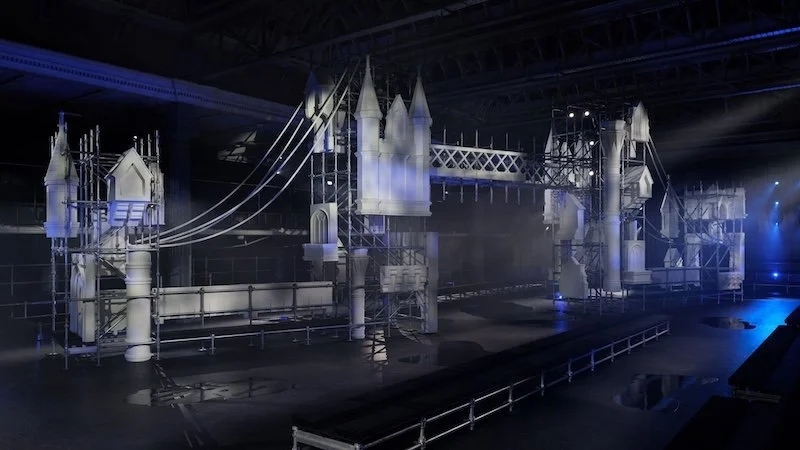





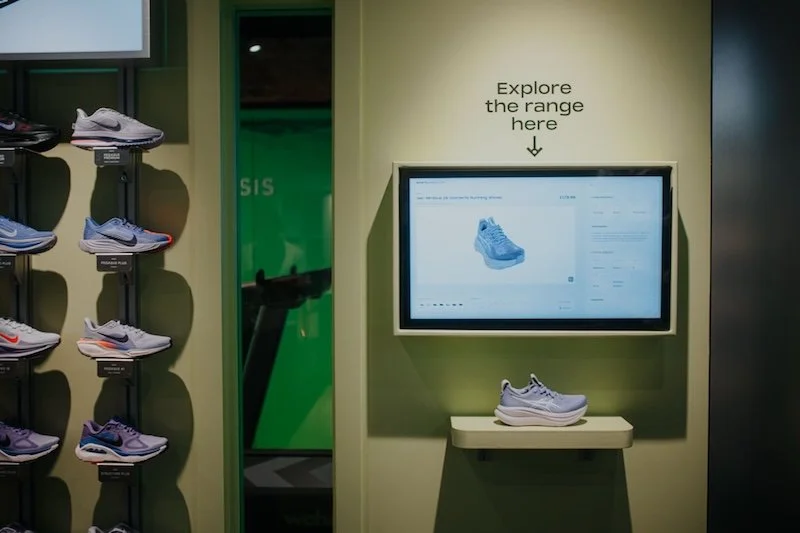
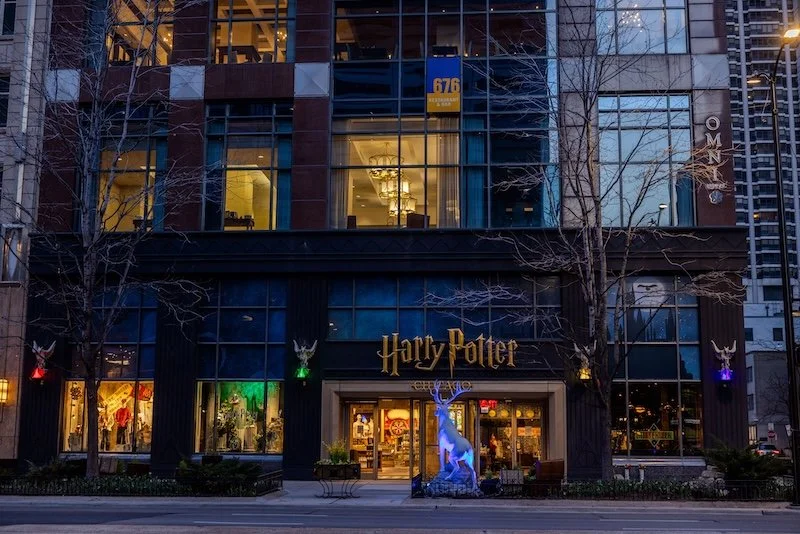






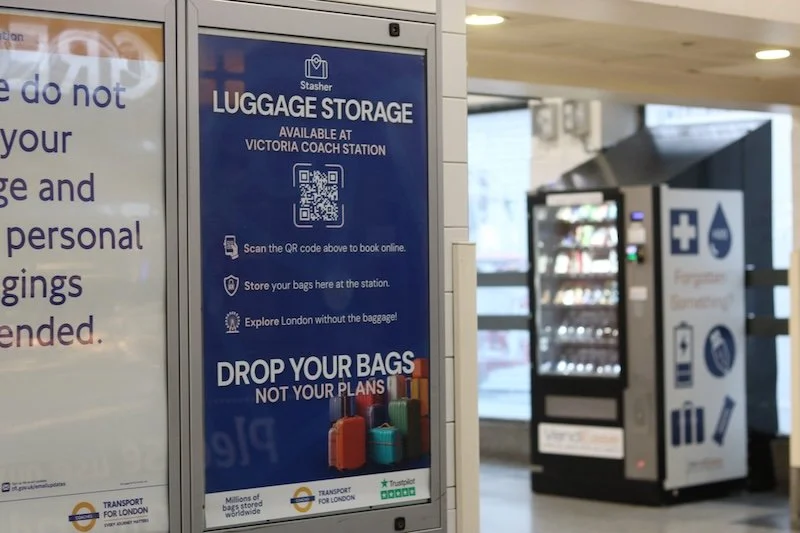

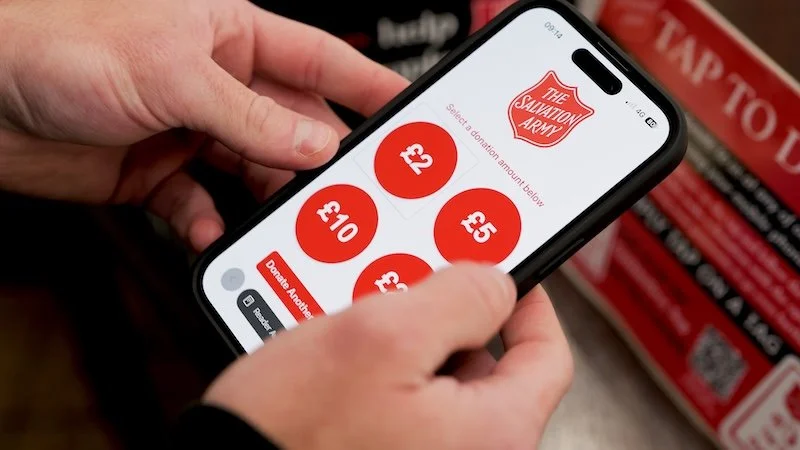




Continue reading…